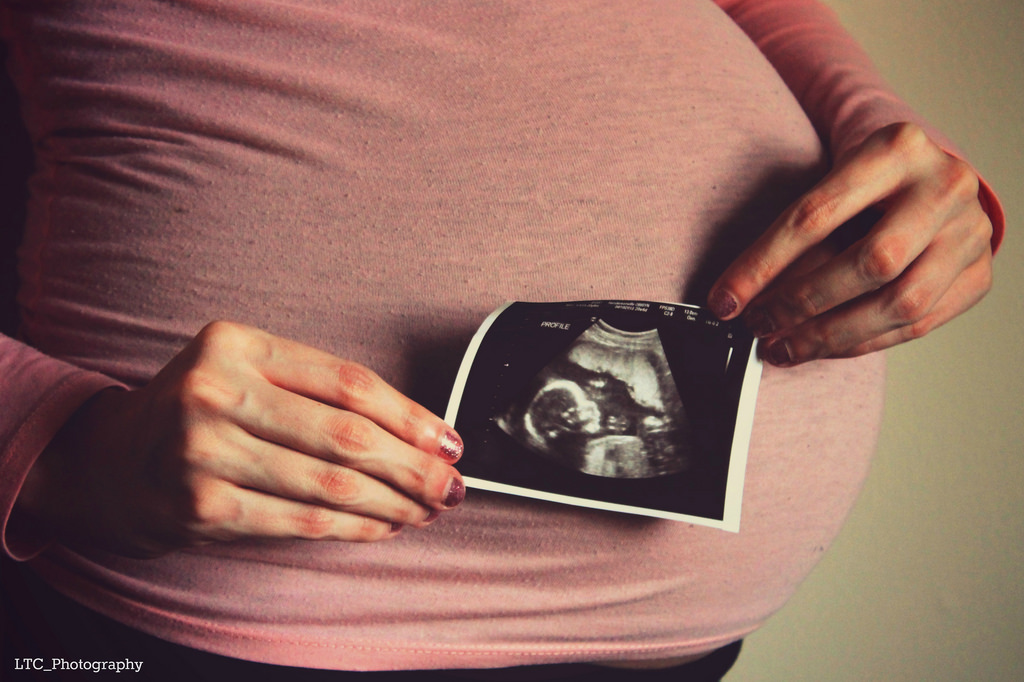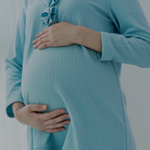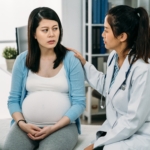Serotonin reuptake inhibitor (SRI) antidepressants may affect platelet aggregation and thus may increase the risk of bleeding. Several studies have sought to determine if exposure to SSRI antidepressants in late pregnancy is associated with an increased risk of postpartum hemorrhage.
The most recent study comes from Australia and analyzes risk for postpartum hemorrhage in a total of 30,198 women who delivered between 2002 and 2008. Relative risk (RR) of postpartum hemorrhage (PPH) was calculated, comparing women with late pregnancy exposure to antidepressants (n = 558), women with a psychiatric illness but no antidepressant use (n = 1292), and women with neither antenatal exposure (n = 28,348). PPH was defined as a blood loss of ?500 mL for vaginal deliveries and ?1000 mL for caesarean sections.
Compared with unexposed controls, women exposed to antidepressants had an increased risk of PPH (adjusted RR 1.53; 95% confidence interval, 95% CI 1.25-1.86), whereas no increased risk was observed for women with a psychiatric illness but no antidepressant exposure (aRR 1.04; 95% CI 0.89-1.23). With regard to severe PPH, the risk was increased with late pregnancy exposure to antidepressants (aRR 1.84; 95% CI 1.39-2.44).
The Take-Home Message
The findings from this study are similar to those observed in a previous report from Palmsten et al (2013); however, other large studies conducted in Norway and Canada have documented no increase in risk of postpartum hemorrhage (Lupattelli 2013, Salkeld 2008) While postpartum hemorrhage is a potentially serious complication, the data we do have are reassuring and the risk of postpartum hemorrhage appears to be unchanged, or minimally increased, in women taking SSRIs near the time of delivery.
Yes, two studies have shown a statistically significant increase in risk of postpartum hemorrhage in women treated with antidepressants late in pregnancy, but the magnitude of the increase is small. If we assume the findings of the current study are accurate and that the use of antidepressants increases the risk of postpartum hemorrhage by 1.53-fold, this would translate into one additional case of postpartum hemorrhage for every 80 to 100 women treated with antidepressants. Given the inconsistencies across these findings and the relatively small increase in risk observed in these studies, we do not have compelling evidence to change our practices regarding the use of SSRIs and other antidepressants during pregnancy. Obstetricians, however, should be alert to the possibility of an increased risk of PP hemorrhage in this population, so that hemorrhage, should it occur, may be managed aggressively, with the goal of minimizing maternal morbidity.
Ruta Nonacs, MD PhD
Grzeskowiak LE, McBain R, Dekker GA, Clifton VL. Antidepressant use in late gestation and risk of postpartum haemorrhage: a retrospective cohort study. BJOG. 2015 Sep 15.








Leave A Comment